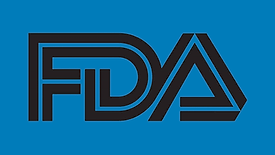FDA
Outbreak Investigations of Cyclospora cayetanensis Infections 2013–2020: Progress Made and Challenges Remaining
Recurring outbreaks of cyclosporiasis underscore the need for a comprehensive understanding of how Cyclospora cayetanensis contaminates water and produce
Stelios Viazis Ph.D.
Fazila Shakir M.H.S.
Anne Straily D.V.M.
Adrienne Goodrich-Doctor Ph.D.
Jeffery L. Sumter Dr.P.H.
Socrates Trujillo Ph.D.
April 20, 2022
Never miss the latest news and trends driving the food safety industry
eNewsletter | Website | eMagazine
JOIN TODAY!Copyright ©2024. All Rights Reserved BNP Media.
Design, CMS, Hosting & Web Development :: ePublishing



.png?height=168&t=1652719430&width=275)








